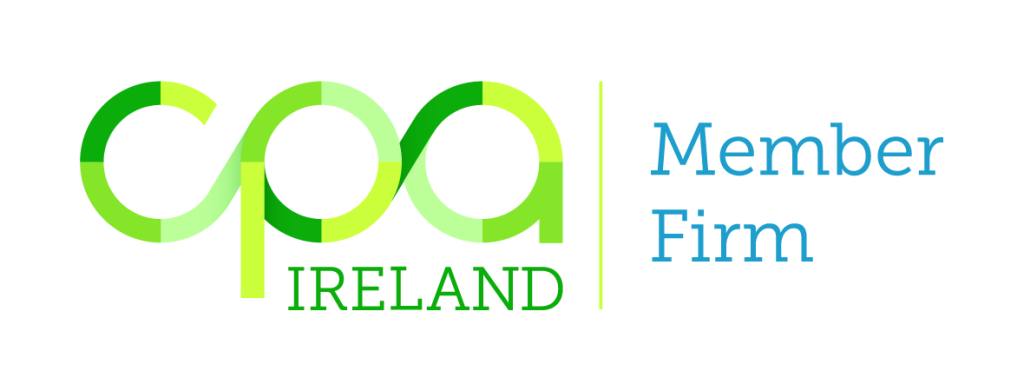Unless you are a public company and have a responsibility to keep stakeholders updated on the business’s financial status, your accounting books will hardly be discussed in public. They remain an internal matter. But most small and medium enterprises (SMEs) understand how important well-maintained accounting books are to the business’s success. That’s why accounting and bookkeeping are among essential business functions.
The dilemma for many businesses is whether to go for in-house bookkeeping and accounting or outsource the services. It is an ongoing debate with no end in sight. In this post, we’re going to look at the pros and cons of either, so that you can make an informed choice.
In-House or Outsourced Accounting? The Ultimate Comparison
While many businesses have in-house accounting and bookkeeping departments, enterprises are increasingly adopting outsourced accounting solutions. Here are five areas you should look at before you decide on whether to outsource your accounting services or not:
1. Quality of Work
In-house accountants often vary in terms of knowledge and skills. Those with in-depth training and certifications, while others may have nothing more than a college degree. This can result in inconsistent work quality.
On the other hand, accounting firms ensure their teams are trained on the latest industry best practices and standards. They, therefore, offer better work quality and consistency. Outsourced firms also have team members specialising in different areas of accounting, so you’re likely to get expert services.
2. Service Hours
An in-house accountant will work the typical 9-5, 40-hour workweek. Engaging them outside of work hours, even for urgent matters, might require overtime pay. Work can also stagnate if someone specialising in a particular area goes on leave. This means that when they’re out of the office, you’re left hanging.
Conversely, outsourced firms offer better flexibility when it comes to working hours. They can work for extended hours, with some even offering 24/7 services. This is crucial for businesses such as restaurants that don’t usually work within the typical business hours.
3. Fraud Prevention
According to the Association of Certified Fraud Examiners (ACFE), accounting departments account for 14% of fraud in organisations. The ACFE’s 2020 Global Report to the Nations indicate that organisations lose about five per cent of their annual revenue to fraud. Such a loss can be devastating to SMEs.
Some of the most common fraud risks include payment tampering, billing, and payroll fraud. Accounting staff can easily collude with other employees to defraud your business. These employees also have access to confidential business information. Besides the lack of access to sensitive company information, outsourced firms also have a reputation (and license) to protect, so they’re unlikely to engage in company fraud.
4. Costs
For many SMEs, costs play a significant role in business decision-making. According to PayScale, the average annual salary of an accountant in Ireland is €39,408. The salary can go higher depending on experience and level of expertise. This is before considering the other overhead costs such as:
- The hiring process
- Payroll taxes
- Retirement benefits
- Medical benefits
- Paid vacation and sick days
When you outsource your accounting services, these costs don’t apply to your business. Even at the top of the range, outsourcing accounting services would still be cheaper than maintaining an in-house accounting department.
Looking for Reliable and Easy-to-Use Bookkeeping & Accounting Services?
Coffey & Co. has many qualified accountants and bookkeepers ready to help your business grow. We use the latest accounting technologies to ensure that your business meets its financial management needs. Our methods are also tried and tested. For accounting and bookkeeping services, call us today on 061 418560.





